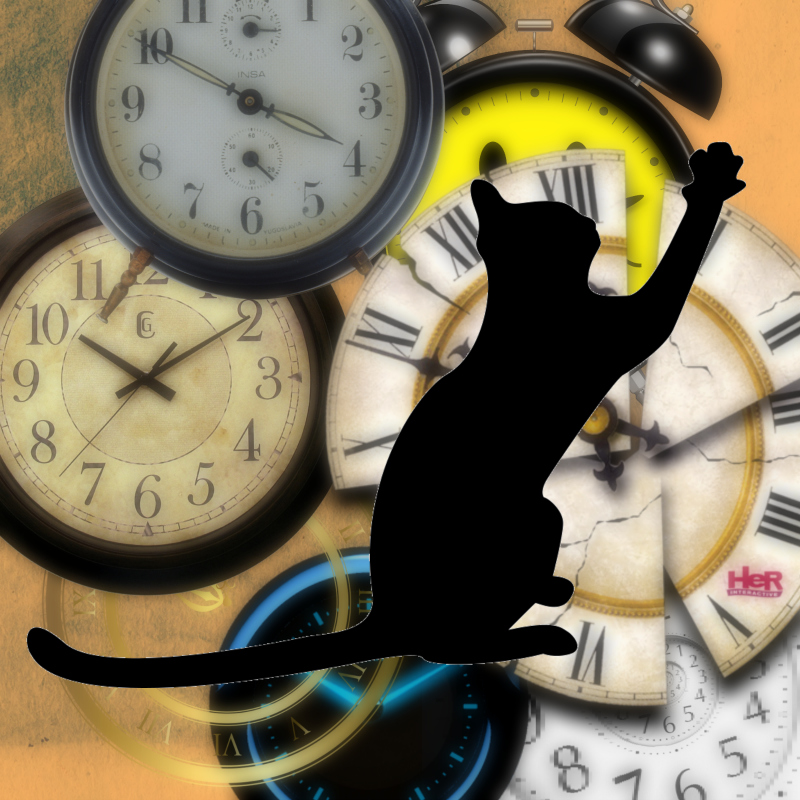
Oh joy. It’s spring. That means allergy season is upon us. Worse still, the second Sunday in March (this Sunday morning) prompts us mindless lemmings to “spring forward” into Daylight Savings Time. A few hours later my alarm clock will roust me from my bed kicking and screaming. It’s like having jet lag without the benefit of a trip. I guess you can tell I’m not a fan of the twice a year time change.
Daylight Savings Time is Hazardous to Your Health
While most of us love that extra hour of sleep we gain when the clocks fall back in November, our bodies never quite make the adjustment to the springtime sleep deprivation jump.
Research shows the time change may actually create health problems. According to a 2014 study published in the medical journal Open Heart, on the Monday following the change to Daylight Savings Time, the number of heart attacks increase by 24 percent over a normal Monday. There’s also an increase in suicide risk for vulnerable individuals. An Australian study concluded that male suicides increase in the weeks following Daylight Savings Time. A 2009 study published in the Journal of Applied Psychology found that, on the Monday after we spring forward, workers were more frequently injured than on a normal Monday. Also those injuries were more serious.
(Please Texas Legislature, get rid of this plague on Texans.)
Whining Session Over
Alright, I’m done complaining. My point is: there are real issues for people who have to alter their schedule to accommodate the time change. Humans are ruled by a circadian rhythm, our biological clock. When Daylight Savings Time disrupts your body’s natural schedule, you can experience anxiety. As it turns out, your cat and dog can, too.
The internal clocks of wild animals are ruled by natural sunlight, and the rising and setting of the sun. As a survival mechanism free-roaming cats are creatures of habit. They live by a strict time schedule throughout the day to prevent unfortunate encounters with adversaries. Indoor cats still rigidly cling to that need for a predictable schedule.
Fluffy’s daily schedule is inextricably linked to yours: feeding time, playtime, clean litter box time and bedtime. Since he can’t hunt for food, he’s concerned about when you get up to feed him, and when you get home…to feed him. If you arbitrarily start rising an hour earlier, he wonders, “What the rat?”
After all, the sun still rises and sets according to Fluffy’s Solar Standard Time. If you’re late returning from work (according to his internal clock), he may fear he’ll starve, and that’s stressful.
Reducing Fluffy’s Stress

Instead of changing his schedule all at once, transition to the new routine over a week or so. Wake-up time 10 or 15 minutes earlier every couple of days. Between now and Sunday, feed Fluffy a few minutes sooner until he’s eating at the new feeding time. Or, slowly do away with a fixed dinnertime altogether. Vary it by 15 or 20 minutes either way. This will also help reduce stress later if you get caught in traffic or stop to have dinner with a friend.
Instead of a regular dinner hour, offer your kitty food puzzles. He can eat whenever hungry rather than dwelling on the fact that your 60 minutes late. He’ll get used to working for his food. Food balls also reduce stress, boredom and destructive behaviors.
Medication
If your cat takes medicine, call your your vet about changing the time you pill him. Most of the time, a one-hour change won’t cause a problem. That may not be true of cats who need insulin injections or seizure meds. Early doses of insulin could lead to low blood sugar levels. Insulin administration is based on Fluffy’s mealtime and should be given every 12 hours, so ask Doc about mealtime too. She can give you instructions about easing into a new schedule.
Litter Box Maintenance
We all want a clean bathroom. Since you’ll arrive home an hour later than usual, the litter box will go unflushed even longer, give it a quick scoop before you leave for work and again when you get home. Both Fluffy and your carpet will appreciate.
Snuggle Time
Let’s face it, Daylight Savings Time isn’t the end of the world for even the most sensitive of kitties. But giving Fluffy a little extra attention during that irritating transitionperiod will probably make adjusting easier for both of you.
How does the transition to Daylight Saving Time affect your cat? What do you do to help him? Tell me about it in the comment section below.
_________________________________
About Dusty Rainbolt
Author Dusty Rainbolt is an award-winning veterinary journalist according to her answering machine. She is an associate certified cat behavior consultant and member of International Association of Animal Behavior Consultants, as well as past president of the Cat Writers’ Association. Her books, columns, reviews and articles have been honored with more than 50 writing awards including three-time recipient of Friskies Writer of the Year. Her just-released cat behavior book, Cat Scene Investigator: Solve Your Cat’s Litter Box Mystery, is the consummate guide for dealing with a cat who sidesteps his/her appointed toilet. CSI, which provides science-based methods for determining the medical or behavioral causes of feline inappropriate elimination, teaches cat parents to view their cat’s litter box avoidance through the eyes of a detective to determine the cause and, ultimately, the remedy.











The idea of “hunting” for food in food ball is intriguing.